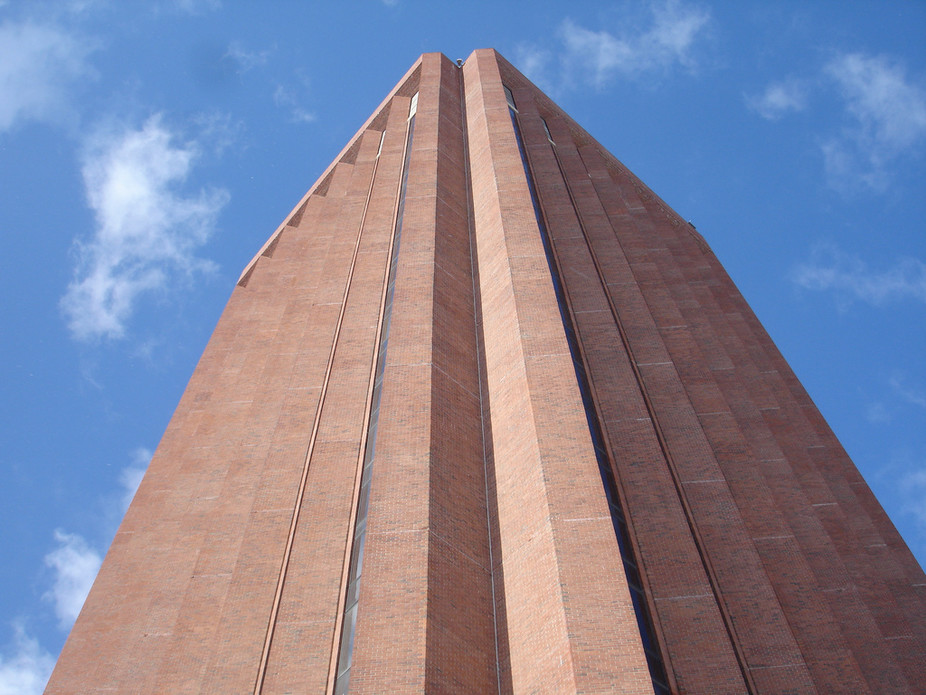In Ivory Coast, there has been a mass strike in the education sector that is shaking the government of President Alassane Ouattara. This strike is led by students and teachers who are demanding that the government reopen public universities that were closed down in 2011 after Ouattara's military victory over Laurent Gbagbo.

Since the closures, many students have been forced to attend private universities, which are far more expensive than public institutions. This has created a significant financial burden for many families, which has fueled the anger and frustration of students and teachers.
The protests have been ongoing for several weeks, and they have been met with a heavy-handed response from the government. Riot police have been deployed to university campuses across the country to quell the protests, which have turned violent at times.
According to reports, several students have been injured, and others have been arrested. The government has also threatened to revoke the scholarships of students who participate in the protests, a move that has been widely condemned by human rights groups.
Despite the government's efforts to suppress the protests, they have continued to spread and gain momentum. Students and teachers have called for a nationwide strike, which has been supported by several labor unions and civil society groups.
The strike has had a significant impact on the education sector, with most public universities remaining closed. This has disrupted the academic calendar, with exams and graduation ceremonies being postponed or canceled.
The strike has also had broader implications for the government of Alassane Ouattara, who is currently facing several other challenges, including a political crisis and an economic downturn.
Many analysts see the protests as a reflection of growing discontent among the population, particularly young people, who feel marginalized and excluded from the political process.
The strikes also highlight the broader issue of access to education in Ivory Coast, which remains a major challenge. Despite progress in recent years, the country still has one of the lowest enrollment rates in sub-Saharan Africa, with just 1 in 4 children completing their primary education.
The government has responded to the protests by announcing plans to reopen some of the public universities, in a bid to quell the unrest. However, students and teachers are skeptical of these promises and have vowed to continue their protests until all universities are reopened.
The situation in Ivory Coast remains tense, with the government on one side and students and teachers on the other. It remains to be seen how the government will respond to the ongoing protests and whether it will take steps to address the broader concerns of the population.